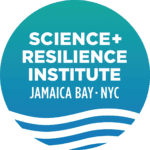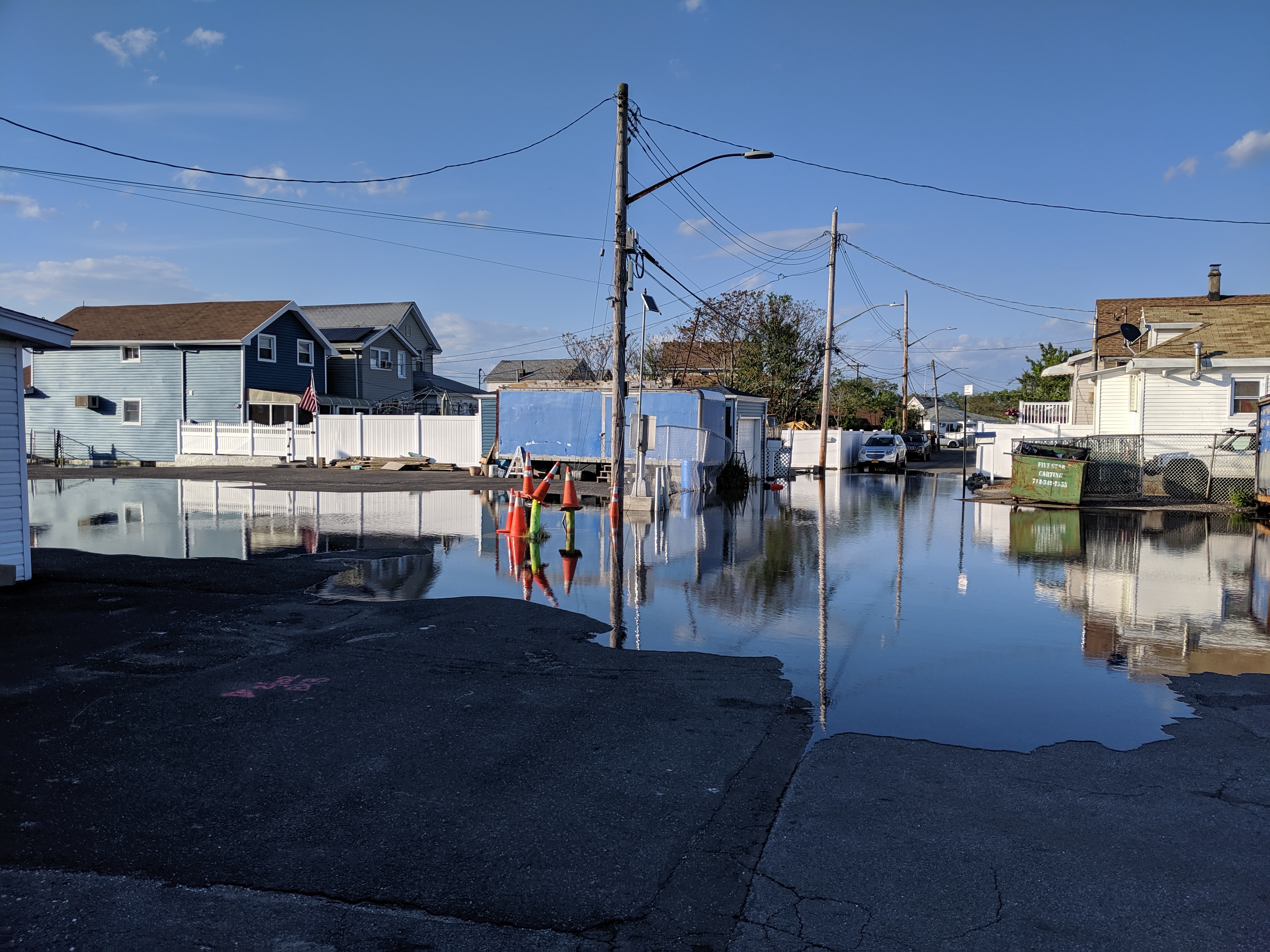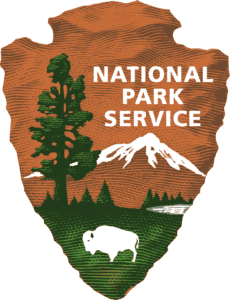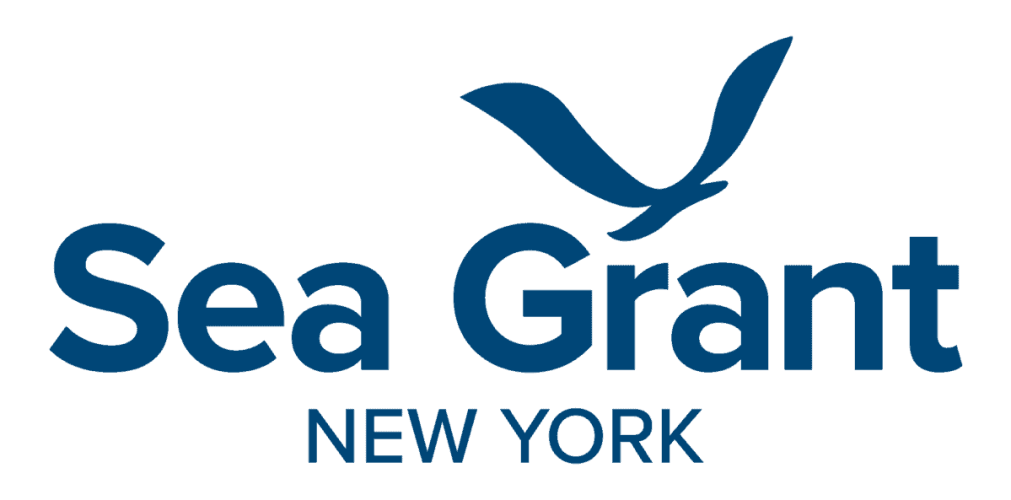Due to sea level rise, flooding in neighborhoods around Jamaica Bay is becoming more frequent and widespread. The Science and Resilience Institute works with residents, researchers and agencies to build collective knowledge about the location, timing and impacts of current and future flooding. This local, science-based information is a critical part of developing resilient solutions.
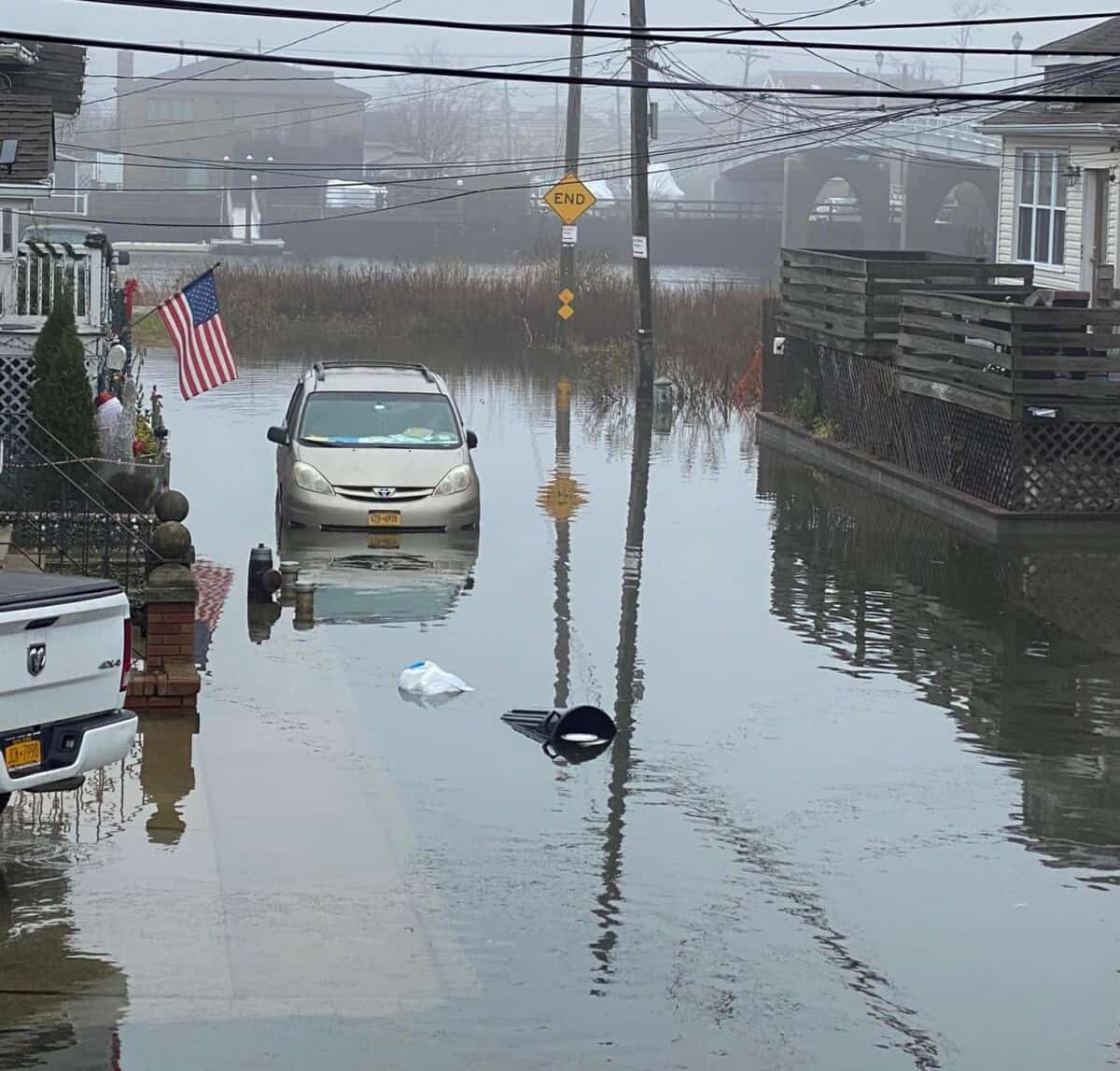
Supporting Knowledge and Action
Flooding is a threat to the livelihoods and well-being of the communities that experience it, any of which face a larger suites of challenges shaped by historical legacies of racism and inequality. Within New York City, flooding stems from various places. Research and policy often focus on specific types of flooding, but flood waters can seriously impact streets, homes, businesses, subways, schools, and infrastructure regardless of the cause. As a result, academic institutions that help create a bridge between knowledge about flooding and action, can also support intentional collaboration amongst stakeholders and sustained impact.
Serving this role, SRIJB engages in a portfolio of projects, in the Jamaica Bay watershed and beyond, that demonstrate the value of using science to empower communities; but also leveraging communities to reinforce the strength and relevancy of the science. Projects like Community Flood Watch and FloodNet exemplify this and have emerged from frequent and sustained dialogue with Jamaica Bay communities.
Current Projects
Community Flood Watch Project
FloodNet
Jamaica Bay Community Flood Fellowship Program
Blogs related to flooding:
Institute Launches New Initiative to Measure Shoreline Strategies across the State
For those involved in shoreline management, “natural and nature-based features” is the most recent buzz in resilient coastal design. Experimentation with greener alternatives to hardened
Institute-led Technical Review Team Shapes Revisions to the Waterfront Edge Design Guidelines
Last year, we reported that the Science and Resilience Institute at Jamaica Bay, in partnership with the Waterfront Alliance, was awarded a Rockefeller Foundation grant
Reaching New Audiences and Increasing Visibility of Jamaica Bay
At the Institute, we believe that one of the best ways we can add value to the multifaceted conversations around the Bay is to bring
Supporting Future Generations of Resilience Professionals
During a recent town hall, Mayor Bill DeBlasio pointed out that the City of New York is in the resilience business and will be for
Institute Launches New Initiative to Measure Shoreline Strategies across the State
For those involved in shoreline management, “natural and nature-based features” is the most recent buzz in resilient coastal design. Experimentation with greener alternatives to hardened
Institute-led Technical Review Team Shapes Revisions to the Waterfront Edge Design Guidelines
Last year, we reported that the Science and Resilience Institute at Jamaica Bay, in partnership with the Waterfront Alliance, was awarded a Rockefeller Foundation grant
Reaching New Audiences and Increasing Visibility of Jamaica Bay
At the Institute, we believe that one of the best ways we can add value to the multifaceted conversations around the Bay is to bring
Supporting Future Generations of Resilience Professionals
During a recent town hall, Mayor Bill DeBlasio pointed out that the City of New York is in the resilience business and will be for
